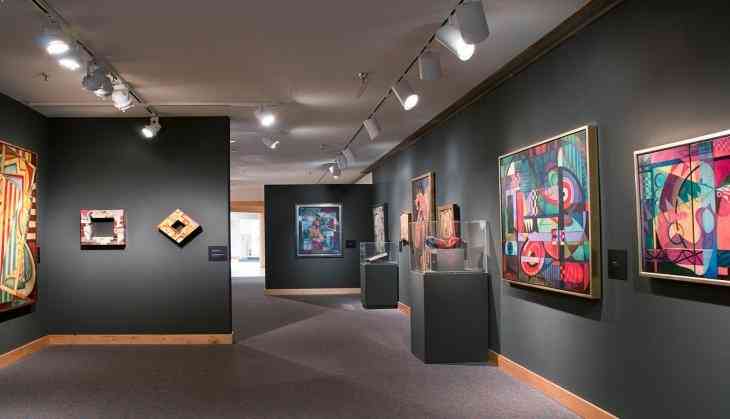
As museums across the world grapple with the problem of stolen artifacts, a renowned museum expert of Indian origin has called for establishing digital databases, particularly in countries like India, to maintain required checks and prevent valuable antiquities from being smuggled.
Vinod Daniel, an Australian citizen of Indian origin, said museums across the world have only a small percentage of collections and artifacts and the majority are outside the museums in temples and private collections.
You can protect the museum very well but what do you do with all the collection that is outside. Most objects are not in museums but are in temples and private hands," Daniel, Chairman of the Board for AusHeritage, a network of Australian cultural heritage management organisations established by the Australian Government in 1996, told PTI in an interview here.
"There has to be checks and balances in place to ensure these artifacts are not stolen and then smuggled out of countries to be sold to unsuspecting buyers and museums," he said.
Referring to the multimillion-dollar international antiquities looting and smuggling racket masterminded by now jailed New York art dealer Subhash Kapoor, Daniel said it is of critical importance for India to have a digital database that catalogues the innumerable statues, artifacts and antiquities housed across Indian temples and other local addresses.
He stressed that Kapoor's illegal activities went unchecked for a long time, helping him build a market for himself and he created a racket.
Daniel is also a board member of the Paris-based prestigious International Council of Museums, the apex museum body representing over 45,000 museum professionals and 20,000 museums from over 140 countries.
He said while it will be a humongous task for the government in India to document each and every artifact in temples, tourists visiting such places could take a photograph of the statues and antiquities and then upload it on a public online platform with basic information about the sculpture.
At least you are starting somewhere to address the problem of stolen artifacts, he said, adding that through such a digital database, authorities and curators will be able to cross check details about the artifact if it is stolen or sold to a foreign museum.
This mechanism is not there. You don't want stolen objects to be exchanged. You need authentic, legal objects, he said.
Emphasizing that India has no dearth of valuable artifacts, he said that in order for India to transform its museums, it is important that they have independent board, an experienced and professional leader, skilled human resources and funding.
There is no point in really transforming by just doing a physical building because then its not sustainable, he said.
In terms of collections, Indian museums have some of the best artifacts in the world and to give a fillip to the sector, the government should not directly control the museums and they should be run by a neutral board.
This will transform the museum. If they do this with the top 20-30 museums in India, automatically all the rest will follow. If every state has one world class museum, the rest of the museums will benefit from them, he said.
He also pointed out that there is dearth of talent in India in skills needed for conservation, collection management, curatorial aspect and audience evaluation.
Giving examples, he noted that China is undertaking an aggressive expansion of its museums, building about 200-400 new museums every year.
Further, in countries across the world, particularly in places like Singapore, museums are no longer part of the public sector and have an independent board that gives them a degree of autonomy to run operations and function without operating like any government department or bureaucracy.
While in the city, Daniel also gave a talk on Rejuvenating Indian Heritage Museums' at an event organized by the New York chapter of Global Organization - People of Indian Origin (GOPIO) and hosted by The Indian American Kerala Centre.
-PTI




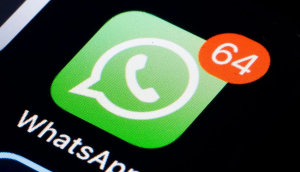
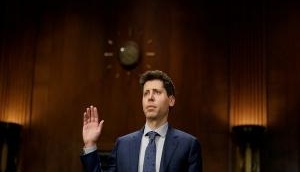
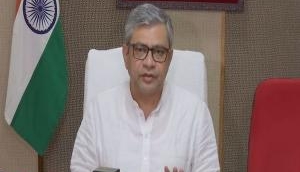
![BJP's Kapil Mishra recreates Shankar Mahadevan’s ‘Breathless’ song to highlight Delhi pollution [WATCH] BJP's Kapil Mishra recreates Shankar Mahadevan’s ‘Breathless’ song to highlight Delhi pollution [WATCH]](http://images.catchnews.com/upload/2022/11/03/kapil-mishra_240884_300x172.png)

![Anupam Kher shares pictures of his toned body on 67th birthday [MUST SEE] Anupam Kher shares pictures of his toned body on 67th birthday [MUST SEE]](http://images.catchnews.com/upload/2022/03/07/Anupam_kher_231145_300x172.jpg)


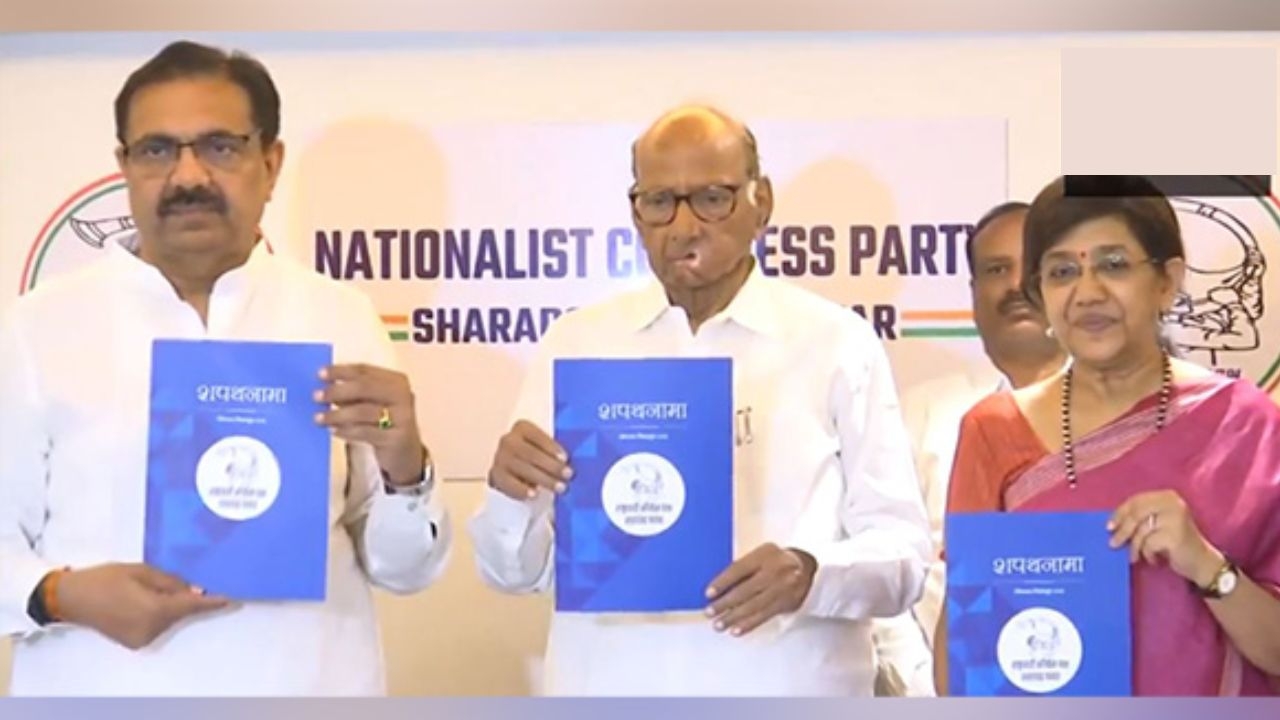


_251372_1280x720.jpg)
_251371_1280x720.jpg)